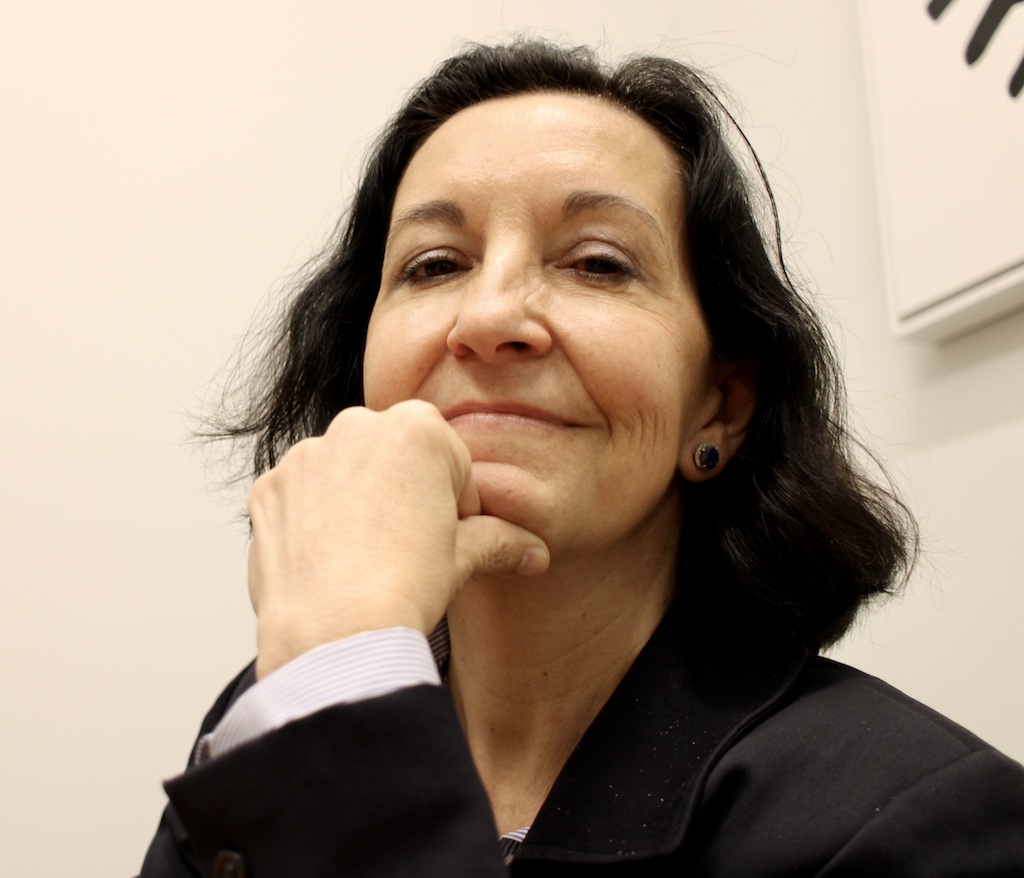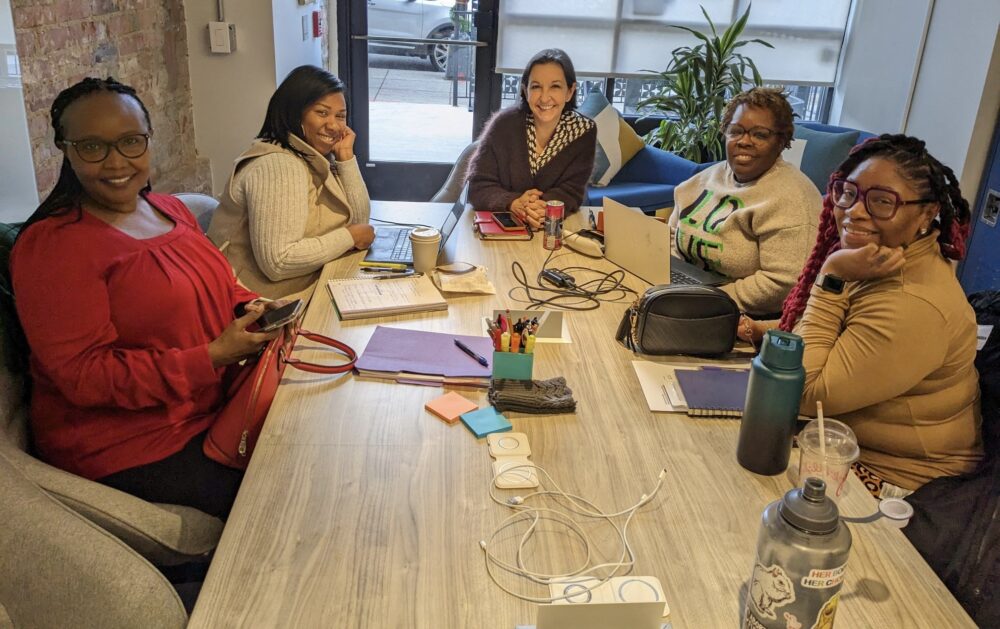WASHINGTON – A group of women spent several months painting, applying wallpaper, removing poison ivy from the backyard, and making other final alterations and repairs to a huge three-story Victorian house in the nation’s capital.
The home would go on to serve as one of the first undisclosed safe spaces for women and children dealing with domestic violence. Opening with 15 beds in about five bedrooms in 1979, the shelter relied on many volunteers and about four regular staff members.
Today, the organization known as My Sister’s Place serves all domestic violence victims in Maryland, Virginia and the District of Columbia. It is preparing to hold its 45th anniversary celebration in May.
Through both its emergency shelter and transitional housing, My Sister’s Place currently provides housing for over 250 families.
“We’ve been lucky to have support from D.C. government for many years,” said Mercedes Lemp, who has been serving as the executive director since 2018. “I can’t tell you about the first 39 years. But it is my understanding that there’s always been a lot of community support and government support for the work we do.”
Lemp previously worked on domestic violence during her job at the Mayor’s Office of Latino Affairs under then-Mayor Adrian Fenty. She has also directed other nonprofits and realized that coming to My Sister’s Place would help fill a huge need in the area.

“I think the D.C. area, it’s particularly hard because domestic violence victims, almost 99% of the time, there’s financial abuse that goes with it,” Lemp said. “You’re (victims) are dealing with, in D.C., how expensive everything is, and you have no money.”
Forty percent of women and 25% of men in the District have experienced intimate partner physical violence, sexual violence, and/or stalking in their lifetimes, according to the D.C. Coalition Against Domestic Violence. Both of these numbers are higher than the national average.
Just over 34% of women and 29% of men in Maryland experienced intimate partner physical violence, intimate partner rape and/or intimate partner stalking, according to the National Coalition Against Domestic Violence.
Of the 43% of single women who reported experiencing homelessness in the District 40% stated that domestic violence was the cause, the D.C. Coalition Against Domestic Violence has found.
“Housing is in short supply, affordable housing rents are so high,” Lemp said. “Not only are you dealing with the physical trauma of domestic violence, but to be able to leave somebody is super hard because of all these other things.”
My Sister’s Place was started by the Women’s Legal Defense Fund (WLDF), now known as the National Partnership for Women and Families.
Deborah Luxenberg, one of the founders of My Sister’s Place, suggested that WLDF look into ways to protect women in abusive relationships.
At the time, Luxenberg had opened her law firm on Mount Pleasant Street and had met with a woman from New Jersey. Luxenberg said the woman was assaulted by her husband, and she made the long commute to Washington because she had no friends or family to turn to.
“It was from that experience and seeing there were no resources, for there was no place formally for her to go,” Luxenberg said, who served as the chair of WLDF’s Task Force on Abused Women. “There were no legal actions the courts would take specifically and I was really appalled at the situation.”
During the early years of the task force members ran a 24-hour crisis hotline, held public education speaking events and provided training programs for judges and first responders.
After three years of hard work, the task force opened its domestic violence shelter in 1979.
“The shelter relied on huge numbers of volunteers, and I don’t mean people who would come and fold towels,” said Valle Jones, one of the shelter’s founders. “I mean people slept overnight in the shelter to be available if anyone needed anything, or in particular to answer the 24-hour hotline.”
WLDF became a nonprofit and expanded the shelter from 15 to 22 beds in 1981. Two years later, My Sister’s Place became the official name of the nonprofit, operating separately from WLDF.
WLDF was more focused on domestic violence from a paralegal perspective, Jones said. As a result, the defense fund was better suited to help women dealing with legal challenges created by the absence of no-fault divorce when the shelter first opened.
“Women living in domestic violence situations need more than just legal help,” Jones said. “And that was the direction that we wanted to move in.”
Initially, some members of WLDF did not believe that domestic violence was an issue that the group should focus on, Luxenberg said. After she spoke at an ACLU event in Philadelphia to an audience of about 300 regarding a different domestic violence case, Luxenberg said other WLDF members were convinced.
“One of the Women’s Legal Defense Fund officers was at that program that I spoke at said, ‘I think it’s a problem. There were several 100 people there to hear Debbie,’” Luxenberg said.
While the District government has been supportive, Lemp said that one of the biggest challenges for the shelter is funding to help support residents. During COVID, she said, more federal funds were available, but now that money is drying up.
In addition, Lemp also wonders if the local government can do more to entice wealthy businesses to be more involved with affordable housing.
“Making it more of everybody’s business, like, if you buy a building, you also commit a certain amount to affordable housing,” Lemp said.
Now a retired lawyer, Luxenberg said that the city’s response to domestic violence has improved immensely from when she served on the task force. Protective orders for domestic violence did not exist until 1993, making it more difficult for victims to receive court protection from their abusers.
The D.C. Superior Court established a Domestic Violence Unit in 1996 to specifically handle those cases. It was renamed the Domestic Violence Division in 2018 to clarify its work and differentiate it from other court divisions.
The D.C. Council unanimously voted in November to terminate a law that required couples to live separately for six months before filing for divorce, potentially untethering domestic violence victims from their abusers.
“It’s like night and day,” Luxenberg said. “The differences are so extreme.”


You must be logged in to post a comment.